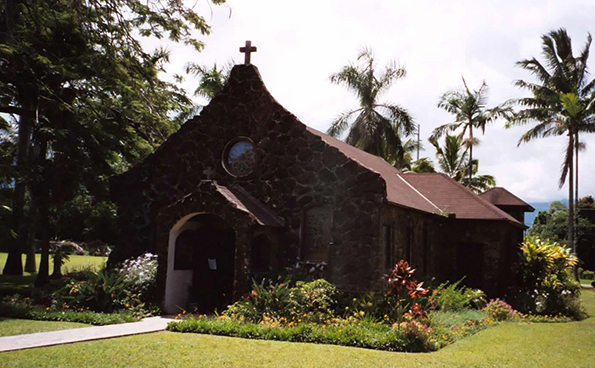Survivors of domestic violence overwhelmingly state that spirituality or God was a source of strength or comfort for them. Regardless of their particular religious affiliation, many survivors will be dealing with some aspect of religious beliefs and teachings that will serve either as a resource or a roadblock to freeing themselves from abuse and the effects of abuse. Many survivors will find strength to break free or heal from abusive relationships through their spirituality and/or engagement in religious community. This makes the church’s initial responses to these survivors crucial as we also know that religion can be misused to excuse abusive behavior. Survivors should not be expected to choose between their well-being and their religious community, but often times that is the outcome.
A survey that asked survivors of domestic abuse about their experiences of victimization and their efforts in seeking assistance, found that 40% of them sought assistance from their church or religious counseling following their victimization. I was one of those women. Recipients ranked faith-based counseling among the most helpful services or resources received. Survivors have reported that church support and involvement have been instrumental in their recovery from domestic violence. Religious communities can offer emotional support, a sense of belonging, security and practical assistance to those suffering the effects of abuse. Religious involvement appears to promote greater psychological well-being for domestic violence survivors, including greater quality of life and decreased depression.
Religious leaders and secular organizations who collaborate to address domestic violence can help victims heal and recover in a more holistic way. Education and training is very useful for raising awareness of domestic violence as it helps in identifying community resources and building collaborative partnerships between the secular and religious community. Clergy and lay leaders need to hold perpetrators accountable and should condemn abusive behavior. They can simultaneously motivate them to seek help by referring them to community resources. Survivors have given voice as to how the church can be an instrumental component of a survivor’s healing and movement forward. Will the church take notice?
Emmy’s Place walks alongside survivors of abuse to provide a safe place to be heard, to heal, and to learn and grow in faith. We also work with community businesses and organizations to provide practical assistance.



Recent Comments